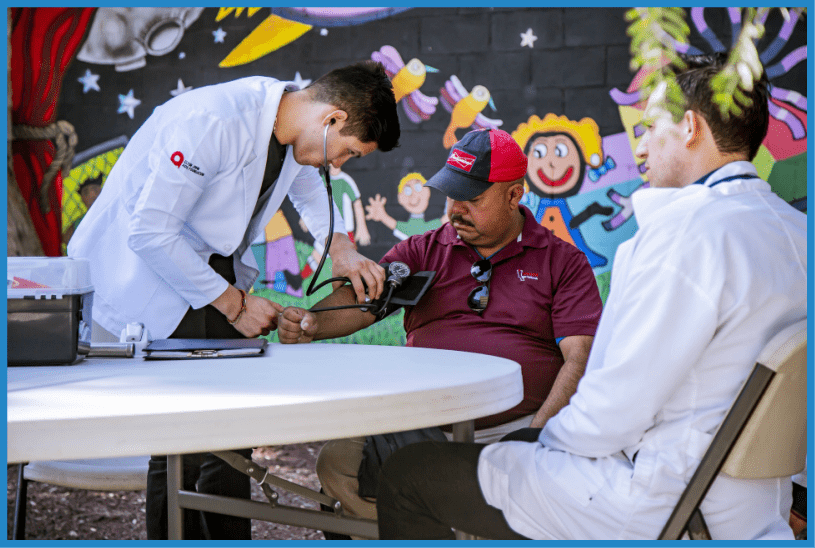
3 Ways COVID-19 Has Impacted The Medical Industry
While the medical industry is not completely immune to recessions, economists agree that it reacts quite differently when compared to other industries in the economy because its impact is felt much later and it takes a longer time to recover. This can be attributed to the loss in jobs which deprives people of employment-sponsored healthcare.
The Covid-19 pandemic is no different, but it is also unique in its effect on the medical industry as the pandemic has not only led to a depression, but also the medical industry remains at the frontline to ward it off. In this article, we will discuss three ways Covid-19 has impacted the medical industry.
Impact on Medical Equipment
Countries around the world experienced a spike in Covid-19 cases between the months of March and April which led to a rise in the demand for personal protective equipment (PPE) by both healthcare workers and the public. Within this period, the World Health Organisation (WHO) Director General, Dr. Tedros Adhanom Ghebreyesus put out a warning that abuse to the global supply of PPE is putting health workers at risk and Covid-19 cannot be stopped if health workers are not first protected.
Now more than ever, hospitals need reliable DME Billing services to ensure they stay protected always and meet up with the demands of the growing Covid-19 patients.
Impact on Cancer Treatments and Screenings
In a bid to help limit its spread among the vulnerable, several elective medical procedures were placed on hold and one of such is cancer screening and treatment.
Furthermore, the need to provide additional care for Covid-19 patients has reduced the capacity for surgery with the requisition of theatre spaces and ventilators. Now, as many states ease their lockdown, healthcare facilities have also eased the hold on elective procedures, however, the risk involved in cancer screenings remains.
Healthcare facilities now provide options to their patients such as the switch to telemedicine for expectant mothers. Also, women who are 55 or older and had a mammogram within the last year have been given the option to stall the next mammogram for up to 24 months.
Impact on Clinical Trials
Social distancing regulations and travel bans now pose a new set of challenges to clinical trials due to Covid-19. Amendments have now been made to clinical trials protocols in a bid to eliminate seeming threats to participants. For instance, the switch from in person visits to virtual visits and the removal of procedures that do not affect participants’ safety or the integrity of a study.
In March 2020, the FDA issued a guidance which provides directions on the management of clinical trials.
The FDA guidance lays emphasis on procedural modifications and protocol amendments due to difficulties in clinical studies which include delay in the distribution of materials and suspension of all patient activities for trials that do not have active patients for treatment.
Covid-19 is a unique global health crisis which requires the joint effort of all stakeholders in the medical industry to control its spread and save lives.
Organisations within this industry are expected to adhere to regulatory guidance to ensure that the quality of work remains the same regardless of the current circumstances. Adherence to guidelines and continuous learning will go a long way in the prevention of future problems.
© New To HR


